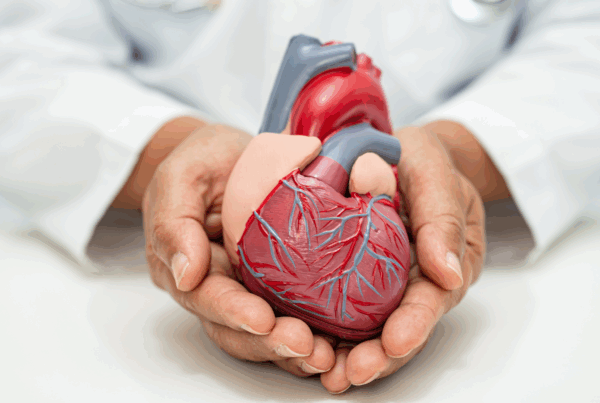Have you ever felt your heart flutter? Maybe you have experienced your heart beat or pound at an unusually fast pace? Then you might have experienced a heart palpitation. These symptoms are not uncommon and can be caused by several factors. For example, stress, exercise or some medication can trigger them.
However, in some cases, heart palpitations may be an indication of a medical condition. Whilst they are generally harmless, they are occasionally a symptom of more severe heart conditions, such as arrhythmia. That’s why if you experience heart palpitations with some regularity, or when you would not normally expect them, you must seek out a Doctor.
What does a heart palpitation feel like?
Heart palpitations feel much like your heartbeat after strenuous exercise, for example, after a spontaneous sprint. Your heart might be skipping beats and fluttering rapidly. It might be pounding in your chest or even what is sometimes described as ‘flip-flopping’. Often, you will even feel your heartbeat in your throat or neck as well as in your chest.
What causes heart palpitations?
You’re at a higher risk of developing heart palpitations if you:
- Experience high levels of stress
- Have other heart problems such as a heart defect, a previous heart attack or surgery, or arrhythmia
- Take medicines with stimulants. This is true for some cold or asthma medicine.
- Are pregnant
- Have an anxiety disorder and experience frequent panic attacks
- Have hyperthyroidism (an overactive thyroid gland)
When to see a Doctor
Typically, infrequent palpitations that only last a few seconds are often harmless and have no cause for concern. However, there are some scenarios in which seeking a doctor for a closer evaluation may be advisable.
- If you experience heart palpitations frequently or when at rest
- If your heart palpitations are worsening
- If you have a history of heart disease
A cardiologist may complete a range of heart-monitoring tests to see if your palpitations might be caused by a more severe condition.
You should seek immediate emergency medical attention if your heart palpitations are also accompanied by:
- Chest discomfort or pain
- Fainting
- Severe dizziness
- Severe shortness of breath
If your palpitations are caused by a heart condition, you’re at risk of possible complications, including heart failure, a stroke and cardiac arrest. Your doctor can advise you about the risks and preventative measures.
Venturi Cardiology is a trusted private cardiologist in the Northwest of England. We’re here to answer any and all of your questions about your heart health. If you are concerned about heart palpitations or any other heart issues, please get in touch to make an appointment today.












